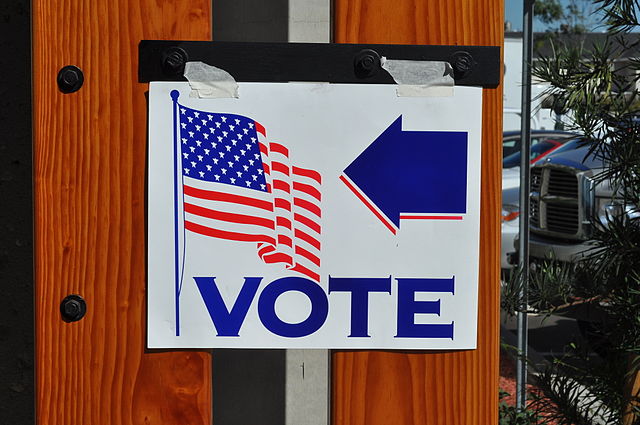A suite of five bills introduced this week seeks to protect election integrity from bad actors using AI, especially on social media.
Concerned that AI-generated fake political ads can discourage voter participation, 28th District Democratic Assemblymember Gail Pellerin of Santa Cruz said she’ll propose a bill to ban “materially deceptive” election-related deep fakes 120 days before election day and 60 days after.
As an example, Pellerin cited one recent ad that used artificial intelligence to create a voice that sounded like President Biden. “We have to stay ahead of the deep fakes and bad actors that are out there trying to wreak chaos with our elections,” Pellerin said.
Pellerin, whose 28th District includes sections of Southwest San Jose and the cities of Los Gatos, Morgan Hill, Santa Cruz and Scotts Valley, plus the communities of the San Lorenzo Valley, oversaw elections during her 27 years as Santa Clara County Clerk.
Her bill is one of five bills getting introduced in the California Legislature this week designed to protect democratic discourse, voters, candidates and election officials from deceptive content.
The other four bills would:
- Require generative AI companies embed digital provenance data within the digital media they create;
- Require social media platforms to identify and label images, audio and video generated by AI;
- Require generative AI companies supply tools to verify whether a photo is real or fake;
- Encourage identity verification of social media accounts meeting certain follower thresholds so users know whether a person or an automated bot is behind a social media account.
Each of the bills is cosponsored by the California Initiative for Technology and Democracy, a multidisciplinary nonprofit group formed in 2023 to protect elections from harmful or malicious forms of AI.
An October 2023 UC Berkeley poll found that seven out of 10 registered voters in California want lawmakers to protect the public from technology in the upcoming election.
The news follows a Federal Communications Commission ruling late last week that made robocalls with AI-generated voices illegal.
Dozens of pieces of legislation have been introduced in the California legislature this year to regulate AI.
Procurement policy that determines what kind of contracts state agencies can sign with private companies and proofs of concepts ordered by a Newsom executive order are also underway.
—Khari Johnson, CalMatters



